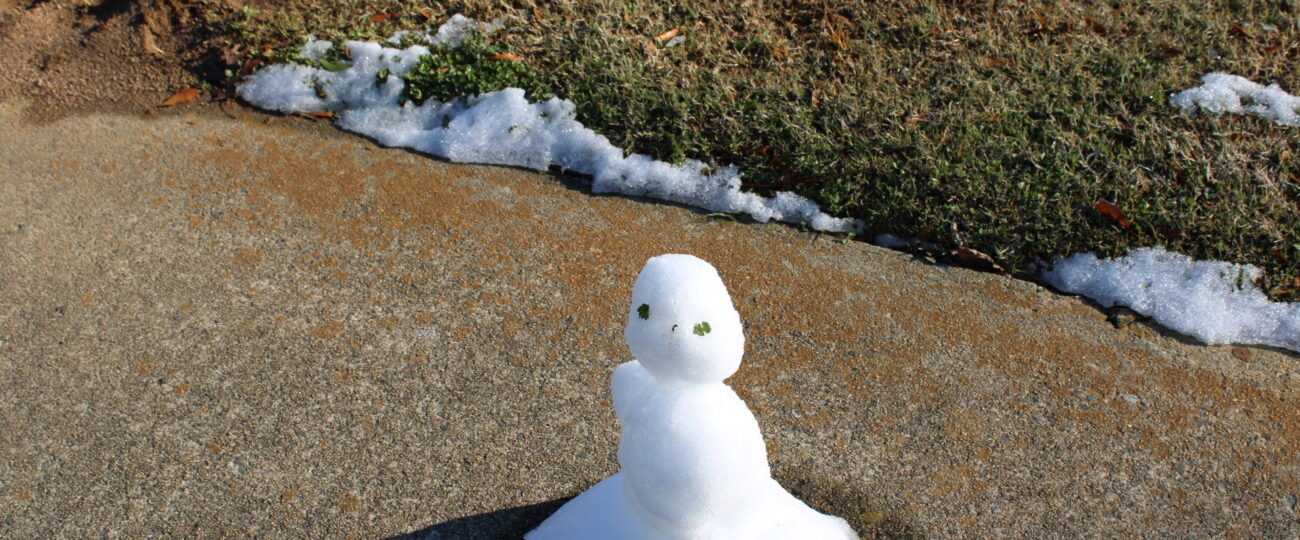During peak winter season, the snow and low temperatures are often enjoyed by many. However, when the novelty of the winter season wears off, some are left feeling blue.
With less daylight, accompanied by the excessive amount of time spent indoors, “some people react to the first signs of seasonal change around the fall equinox in September, while others’ moods don’t plunge until December,” according to www.cuimc.columbia.edu.
“When the days get shorter and a whole lot colder, you may find yourself getting the winter blues. It’s when you start feeling more sad, depressed or even fatigue during the coldest and darkest months of the year. Winter days are usually shorter and also limit the amount of time our bodies are exposed to sun. So we produce less serotonin, the hormone that stabilizes our mood and feelings,” according to newswest9.com.
Sophomore Integrated marketing communication major Jennifer Cruz of Beaufort, SC said, “I know like back at home, when the weather gets cold and when it gets darker sooner, a lot of people tend to get sad and more depressed. I’ve noticed that with all my friends and stuff that once the time changes and it’s colder, we’re more inside so they’re not hanging out with other people after dark pretty much.”
“The winter blues are said to peak on the third Monday in January — sometimes called Blue Monday — but of course feeling low isn’t confined to just one day,” claims cnn.com
Being from the low country, Cruz had only seen snow once before attending Winthrop.
“I feel like winter months for some people, especially city people because they’re afraid of snow days and their work gets cancelled and stuff but for me it’s really fun,” Cruz said.
Seasonal Affective Disorder is the diagnosis of depression related to seasonal changes.
“In the mental health field, most of us refer to it as seasonal depression, but with the understanding that depression is a clinical diagnosis, and mood shifts in the winter months are very common and do not mean that a person has a clinical mental illness,” according to racinecountyeye.com
Minor changes to habits can affect responses to winter weather.
According to psychologytoday.com, people can help alleviate seasonal depression by “sticking to a reasonable exercise pattern, having a good diet, reaching out to family and friends, and reducing alcohol intake. Taking these steps can be difficult, but they help.”
While feelings of sadness specifically during the winter can be linked to the lengths in which we are exposed to sunlight, light boxes are often used as an effective treatment for SAD.
“A light box is generally used for 20 to 30 minutes or more per day, depending on light intensity, ideally at breakfast time,” says Psychologytoday.com
If or someone you know is in crisis, Please contact 800-273-8255 or visit suicidepreventionlifeline.org.
Help is also available through Winthrop Health and Counseling Services. Please contact (323-2206) or patient-winthrop.medicatconnect.com.




